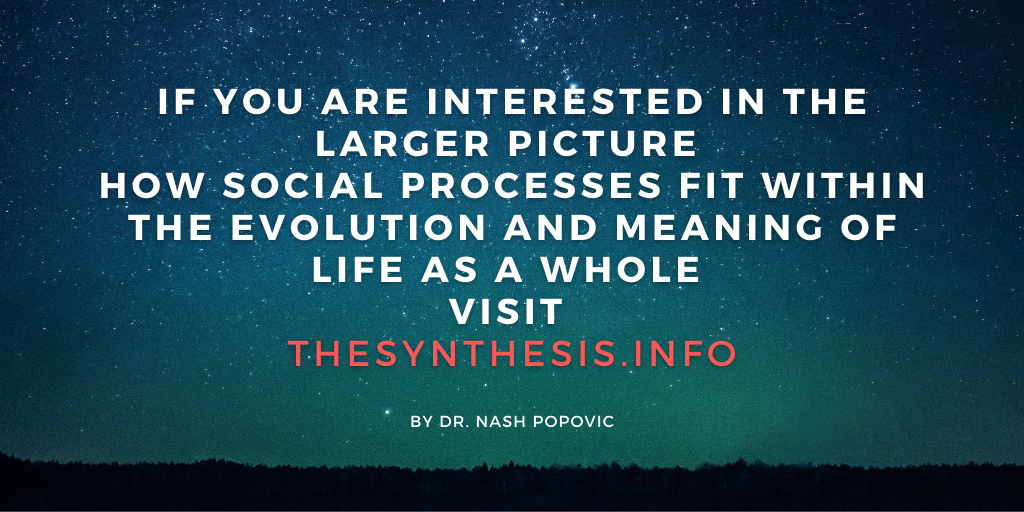Churchill’s famous quote, “democracy is the worst form of government, except for all the others”, is not only witty, but arguably true, except for one option that he probably did not consider: the synthesis of what is useful in various systems and the exclusion of what is not (the latter only being possible if aspects of other systems can replace them). This may sound complex, but there is no way around it, as the political system needs to respond to the complexity of present societies. It is no accident that mixing elements from various systems is already commonplace in many countries (Iceland and Switzerland going further than others in this respect). What follows is an attempt to combine some elements from three viable forms of governance we’ve discussed – direct democracy (DD), representative (indirect) democracy (ID) and meritocracy (M) – in order to allow their beneficial sides to flourish and to keep in check potentially harmful aspects. As there is no ‘firm ground’ in politics, this sort of triangulation seems to be necessary.

Let’s consider these elements and see how their combination can work in practice.


